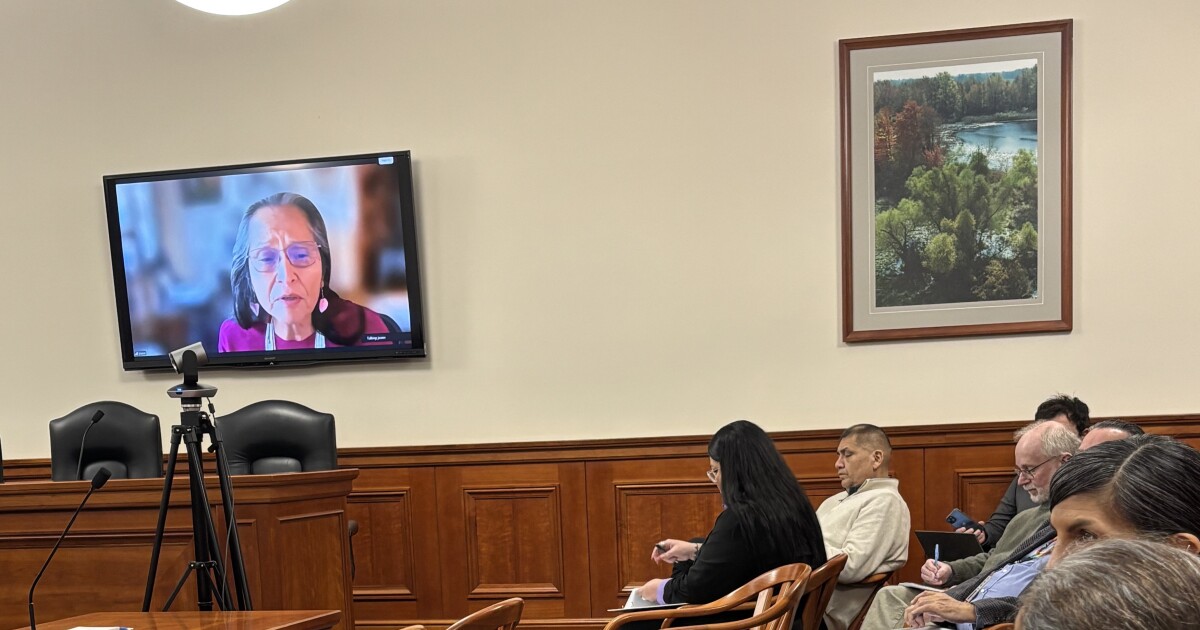An investigation has uncovered that hundreds of academic projects, funded by the Pentagon in collaboration with Chinese universities and institutions, have been tied to entities linked to China’s defense industry. This revelation, highlighted in a report by House Republicans on the Select Committee on the Chinese Communist Party, has raised concerns regarding the potential military benefits China might be gaining from such partnerships.
The report emphasizes that these collaborations could be enabling China to leverage American research for military advancements, amid ongoing technological and arms competition between the U.S. and China. “American taxpayer dollars should be used to defend the nation — not strengthen its foremost strategic competitor,” the report states.
Efforts to reach the Pentagon for comments on this matter were unsuccessful. However, the report notes that some Defense Department officials believe research should remain open unless it is “neither controlled nor classified.”
Several recommendations have been proposed to limit U.S. research collaboration with China. The report supports legislation from Rep. John Moolenaar, R-Michigan, aimed at preventing Defense Department funding from being used for projects involving Chinese entities identified as safety risks.
The Chinese Embassy has dismissed the report as “groundless,” emphasizing the mutual benefits of scientific cooperation between the two nations.
Concerns Over Military Use of Joint Research
According to the committee’s findings, collaborations between U.S. and Chinese universities over the past decade have allowed significant federal funding to aid Beijing in developing critical technologies. This has led some U.S. universities to cease their partnerships with Chinese institutions.
The recent report narrows its focus on the Defense Department, highlighting that 1,400 research papers, published between June 2023 and June 2025, were supported by more than $2.5 billion in defense grants. More than half of these publications involved organizations linked to China’s defense sector.
One example cited involves a geophysicist at Carnegie Science who worked on Pentagon-funded research while also holding positions at Chinese institutions. His work, related to high-energy materials and high-pressure physics, is pertinent to nuclear weapons development. Carnegie Science responded, stating the research was basic and unclassified, funded by the National Science Foundation, not the Pentagon.
Another project highlighted involved Arizona State University and the University of Texas collaborating with Chinese universities on research with potential applications for electronic warfare and cyber defense.
Recommendations for Policy Changes
The report criticizes current Defense Department policies that allow research collaborations with foreign entities on U.S. blacklists. It suggests more than a dozen policy changes, including a ban on collaborations with any Chinese institution tied to defense.
Moolenaar’s proposed legislation also seeks to prohibit funding for U.S. universities operating joint institutes with Chinese universities.
A senior Education Department official acknowledged the findings, stressing the need for greater transparency regarding international ties at U.S. universities and a comprehensive approach to protect against foreign influence.
House investigators clarify that they are not advocating for an end to all academic collaborations with China, only those tied to China’s military and defense sectors.
—
Read More Arizona News









